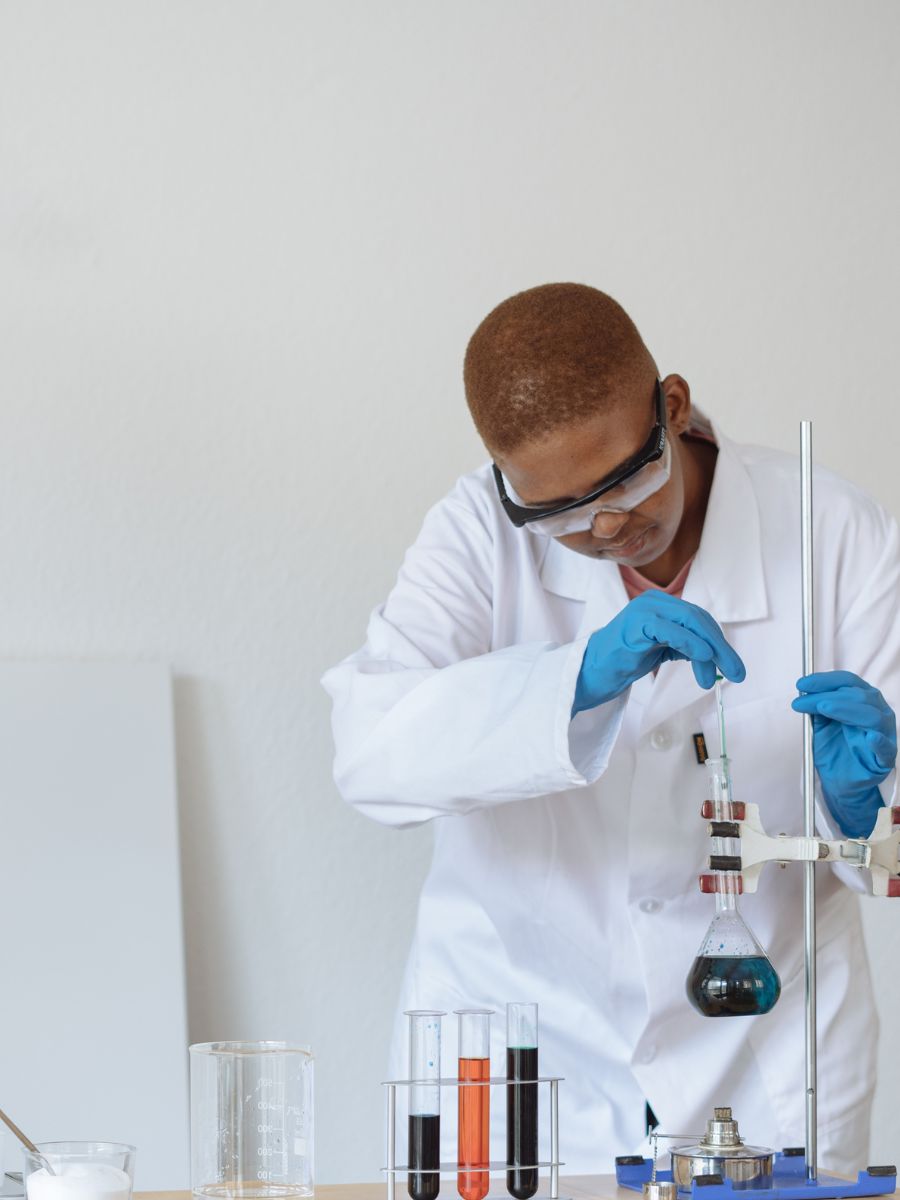Expert Tutors for H1 & H2 Chemistry
With years of dedicated experience, our tutor has taught students across numerous exam systems and syllabus changes. This deep subject expertise allows us to pinpoint common weaknesses quickly, provide targeted guidance, and equip students with the precise strategies needed to excel in both H1 and H2 Chemistry.
Clear & Structured Notes
Our notes are carefully curated to simplify challenging concepts without diluting rigour. Each set is structured to help students understand key ideas, recognise recurring question patterns, and build strong conceptual foundations essential for higher-order problem-solving.
Progressive Practice for Exam Mastery
At Focus Chemistry, practice is introduced progressively so students can move confidently from basic understanding to complex application. By reinforcing knowledge in a systematic way, learners develop the analytical skills required to handle a wide range of question types with accuracy and speed.
Mock Papers & Timed Practice
To prepare students for actual examination conditions, we provide mock papers and timed practice regularly. These sessions help students strengthen time management, refine exam techniques, and familiarise with the pacing of real assessment settings.
Small Class Sizes for Better Learning
Our classes are intentionally kept small to ensure each student receives personalised attention. This allows the tutor to monitor progress closely and provide focused support tailored to individual learning needs.




